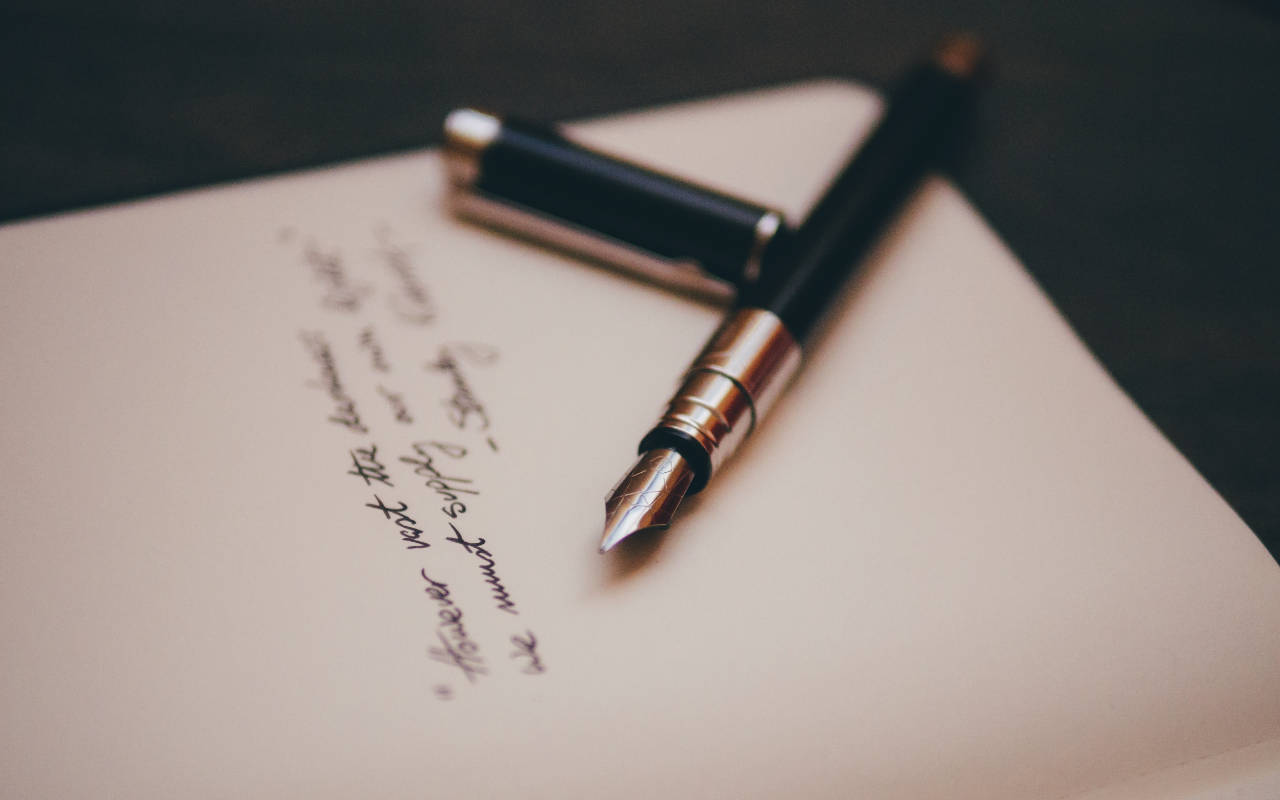Your cart is currently empty!

The Different Facets of Editing …The Long Road (Part II)

By MJ Moores, OCT. Author. Editor.
Previously, I touched on the dynamics of editing your manuscript for the querying process with agents and small publisher. You might be surprised to learn that while Publishing House editors look for and comment on the same broad-concepts, their overall expectations are quite different.
Traditional Publisher Editing
Here, your publisher assigns you an editor to help turn your manuscript into a book.
Going from manuscript to book is a big step and your vision (the author) might be very different from your publisher’s (assigned editor). When you decide to work with either an agent and/or a publisher, it means you have come to terms with the fact that there may be a difference of opinion but you trust them to guide you (and your book) in the right direction to not only get into the hands of readers but make you money.
If you haven’t come to terms with this, maybe you need to consider dealing direct with small publishers (who tend to only take on a work they believe in a shared vision of) or explore self-publishing. Regardless, if you’ve gone with an agent or traditional publisher, you will suddenly have to deal with people telling you what to do, not simply encouraging you to make the right choice.
What I mean by “telling you what to do” is stating explicitly that (for example):
- You need to cut 17,000 words from the middle (because it lags)
- You need to change your character’s POV from 3rd person to 1st person past tense
- You need to eliminate half the use of the word I from the entire manuscript
- You need to flesh out the subplot around character XYZ but not overdo the backstory
- You need to add in a new chapter (or two) at the end because the current one is too abrupt
Then, once you’ve handled these “big things” you might be required to:
- Eliminate every use of the passive voice (regardless of why you used it)
- Eliminate all (or nearly all) adverbs and swop them out for stronger verbs
- Eliminate half of all sentences using the word was by rewriting them
- Eliminate all instances of a dialogue tag that breaks a sentence
- Eliminate all trace of Canadian-isms (u in words like colour, iz instead of is in realize, etc.)
… and so much more – I’m not joking. There are an incredible number of things an agent editor or publishing house editor will ask of you in order to have your “manuscript” read like a book.
The biggest thing you need to realize here is that you don’t have a choice and your editor might not be “nice” about it. They’re likely not trying to be mean, but blunt or curt notes often read poorly in an emotionally taxed author’s mind.
If you can’t handle this kind of microscopic scrutinization or someone else’s vision tainting yours … there’s always self-publishing.
Bonus: Indie Author Editing
Here, you hire a freelance editor to help you make your book as professional as possible because you are the publisher.
If you’re committed to producing a top-quality book, you will need to budget accordingly for the freelance-version of the publisher’s edit. And that means hiring a professional to comb through your story not only once, but several times over several months (because if we see the same manuscript week after week, we also become “blind” to common errors when our brain automatically corrects mistakes on the page for us).
This is when it’s crucial to shop around and get sample edits on the same chapter to compare style.
At this stage, you should receive the same kind of in depth editing notations you might from a publisher, but with the added bonus of extra communication. Once your editor learns and adopts your vision, their suggestions should be framed differently. You still have the right not to adopt or change a certain aspect to your story, but you will also have the added freedom of extended communication before making final decisions.
You’re the one who is ultimately in charge of the final product.
Now that you are armed with the knowledge of the differences between the types of professional editing required/done at each stage of your book’s development, I hope your experience with future editors is both honest and fulfilling.